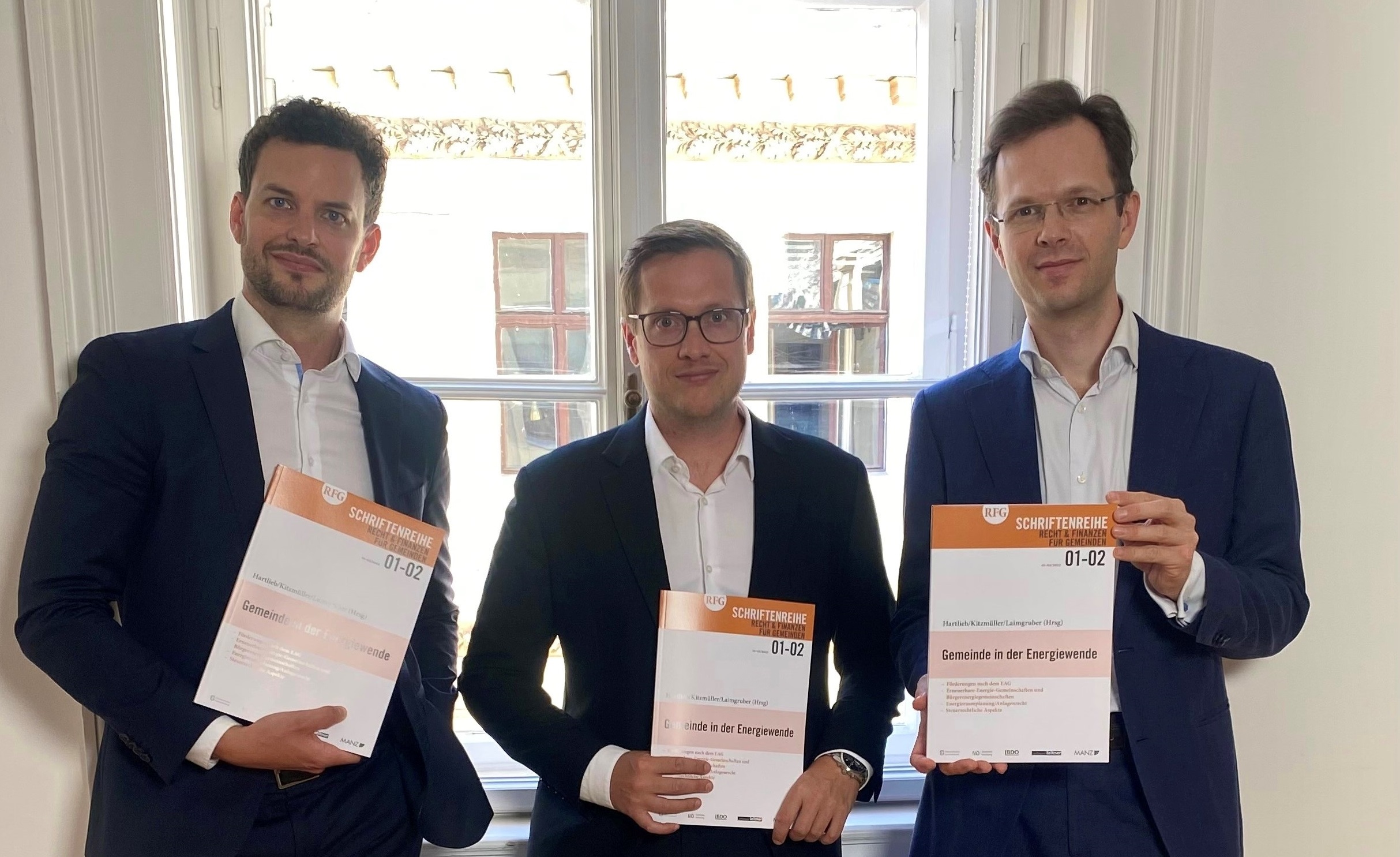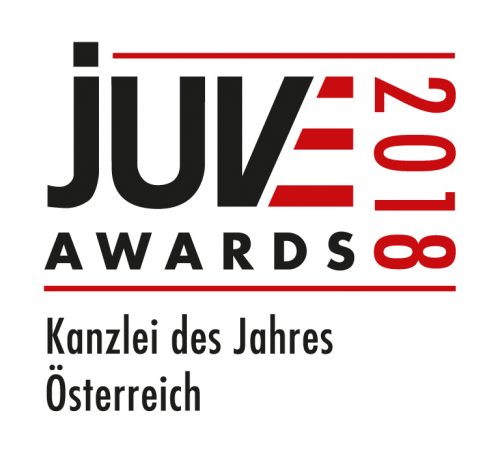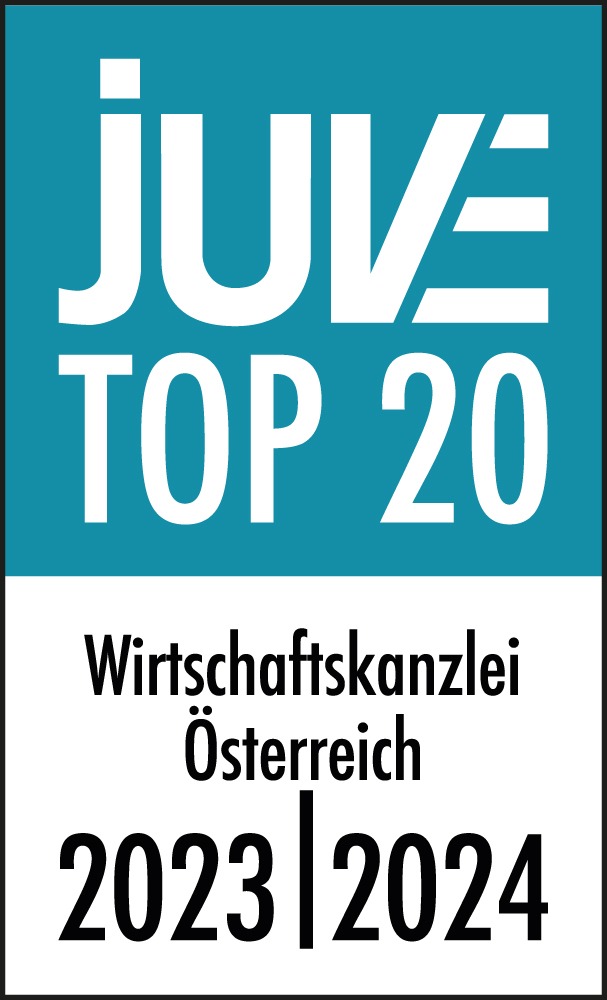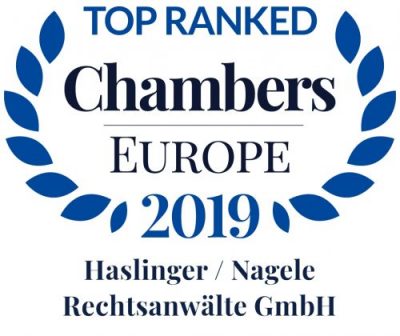Whistleblowing reporting systems
We help with implementation and processing!

As a result of the energy transition, municipalities find themselves at the center of a change that holds both opportunities and challenges. Especially under the impression of the ever faster progressing climate changes, rapidly increasing energy prices, impending supply bottlenecks and not least the constantly changing legal situation, a solid legal foundation is necessary to make the energy transition a win-win situation for municipalities and all residents.
The publication series Law & Finances for Municipalities (RFG) takes up a special topic with particular practical relevance several times a year. Johannes Hartlieb, Kaleb Kitzmüller and Mario Laimgruber (founding members of the 360° Renewable Energy Practice Group), as editors of the recently published double volume “Gemeinde in der Energiewende” (Municipality in the Energy Transition), together with other authors, have presented essential legal topics of the energy transition at municipal level in a practical manner. This is supplemented by the tax perspective of the experts from Mazars Austria (Günther Mayrleitner and Christoph Nolz). Further authors of the volume are Stephan Cejka (Siemens AG Austria), Christoph Juricek, Reka Krasznai and Emil Nigmatullin (all Haslinger / Nagele).
As central subjects of the energy transition, municipalities can help shape the energy transition by performing their municipal duties and using their economic resources. It is also possible to increasingly involve the community population in the energy context, for example in the context of energy communities. At the same time, the financing options for the use of renewable energy sources are expanding – most recently, for example, with the introduction of investment subsidies and market premiums through the Renewable Energy Sources Act. Furthermore, municipalities have always had a special scope for action within the framework of spatial planning. This also includes local energy spatial planning, which can be a catalyst for the energy, building and mobility transition.
In this sense, the volume offers an overview of electricity-related topics, renewable energy communities, local energy spatial planning and related industrial plant law interdependencies as well as of subsidies and taxes and can be understood as a comprehensive basis for municipal projects in the field of energy transition.
We would like to thank MANZ, in particular Dr. Korinek and Mag. Jurišić, as well as all authors, without whose contributions the series would not have come into being.
The RFG supplement can be purchased here.
“In a federalist state, the municipalities form the basis of the community, without whose contribution the energy transition cannot succeed. We are pleased to be able to support the Austrian municipalities with this series of publications.”
Johannes Hartlieb
“The deployment of energy communities through and within municipalities is a prime example of the energy transition journey for everyone and will increase the acceptance of renewable energy.”
Kaleb Kitzmüller
The role of municipalities in the energy transition should not be underestimated. With our great team, we have created a manual for municipalities and other stakeholders that provides practical input on the many issues of the energy transition.”
Mario Laimgruber
24. August 2022






